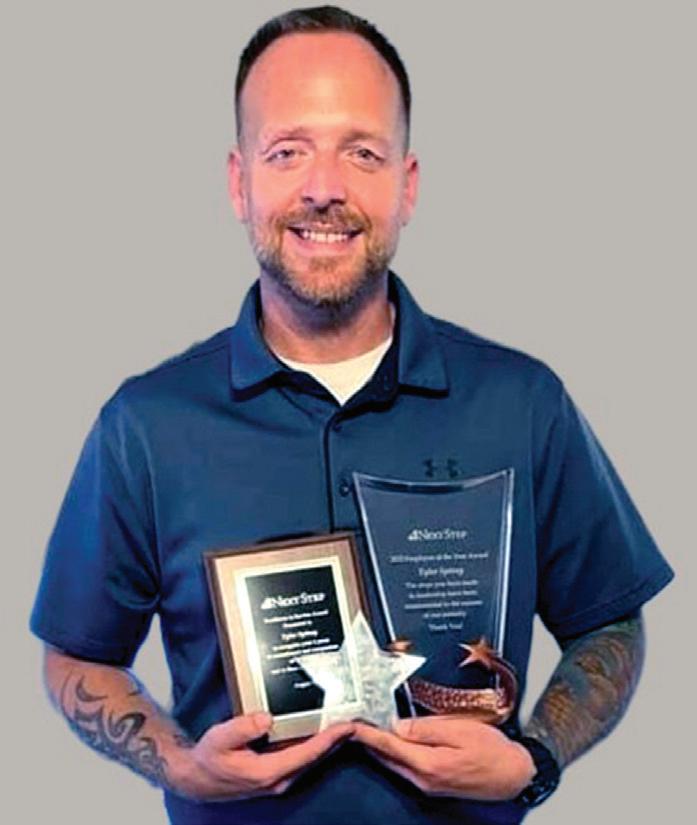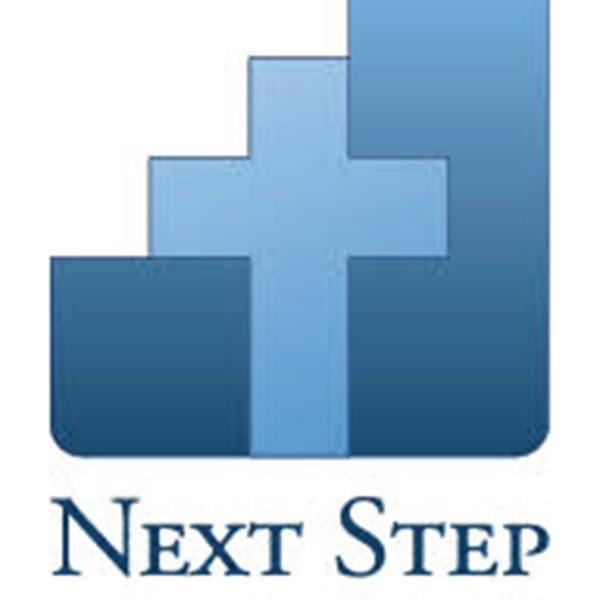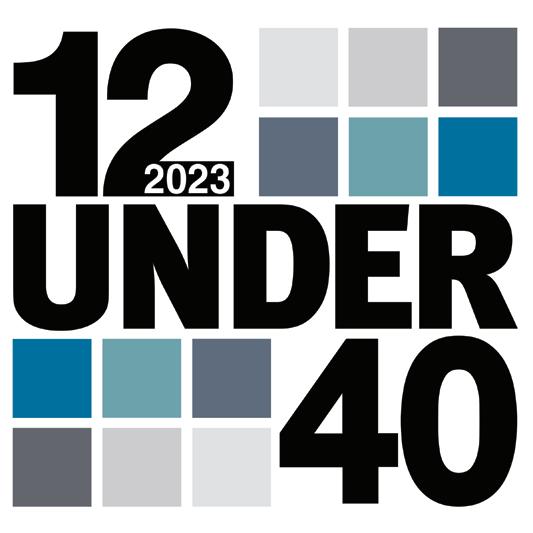
2 minute read
Spivey
from 12 Under 40 2023
by Tribune-Star
Continued from D16 and eventually, I wound up with a really intense heroin addiction. I’ve had three confirmed overdoses. Narcan was used each time to save my life.”
After graduating from Next Step, Spivey was invited to be a Peer Recovery Coach.
Advertisement
“I wrestled with it, there was something tugging at me — I had never worked with people before; I worked with machines,” said the former factory worker. “But I was good at it and quickly picked up on the culture around here, which led to me being promoted in 2020.”
Next Step serves an average of 45 clients at a given time. In addition to running Next Step’s facilities — which includes the Recovery Cafe, which serves about 120 people on a weekly basis — Spivey also oversees the development of a new building adjacent to the Washington Avenue sober-living house and is planning an expansion to Sullivan County.
Michael Rentfro, who nominated Spivey for the 12 Under 40 honor, wrote that of those who work with addicts, “For those of us that fight this fight against addiction every day, Tyler is the first name on that list.”
Spivey said that addicts need to
■ Title: Director of Operations, Next Step Foundation
■ Education: High school diploma from Seeger Memorial in West Lebanon, Ind. Got a high-paying factory job while in high school, “so college kind of went out the window.” understand that people care and want to support them, an idea he had to wrap his own head around.
■ Community service: Next Step “was the first big one,” Spivey said. He’s also taught Supervised Peer Recovery Coaching.
“Medications do help people, but people have to be plugged into other people, as well,” he said. “I had medications to get me through, but I also isolated myself. There was no one to help me get plugged into support groups.”
His own effort to beat addiction was a desperate last-ditch strategy, Spivey said.
“I had to lose enough to throw up the white flag,” he recalled. “I was driving myself to an early grave, so I surrendered to this idea that there’s a power greater than me, whether it’s God or a group of people around me. That’s why I’m here.”
It’s important not to cast judgment on addicts, or allow them to do so.
“Most of the time, folks come through here and say my problem is drugs or alcohol — we tell them, ‘In reality, that was your solution,’” Spivey said. “We tell folks, all your best efforts got you here. There were much deeper problems, like trauma, and that’s what we try to chip away at here at Next Step, it’s what’s underneath all that.”
Next Step follows the Substance Abuse and Mental Health Services Administration’s approach detailing four pillars of recovery: Home, Health, Community and Purpose.

Spivey admitted that empathizing with fellow addicts can toy with the counselor’s own emotions.
“The first few years as a peer recovery coach were extremely difficult,” he said. “Our instructors would tell us there’s a high percentage of people in recovery that are considered highly sensitive people. I’m one of them. As a coach and mentoring young men, it was easy for me to let people’s pain affect me in a negative way, but now, I don’t.”
About being named to the 12 Under 40 list, he said, “I was humbled, flattered — everyone always enjoys the ‘attaboy,’ the pat on the back,” Spivey said. “It’s not why I do it but I’d be lying if I didn’t say I appreciated the recognition because I work hard and my recovery requires me to do the types of things I do which is give back selflessly.”









